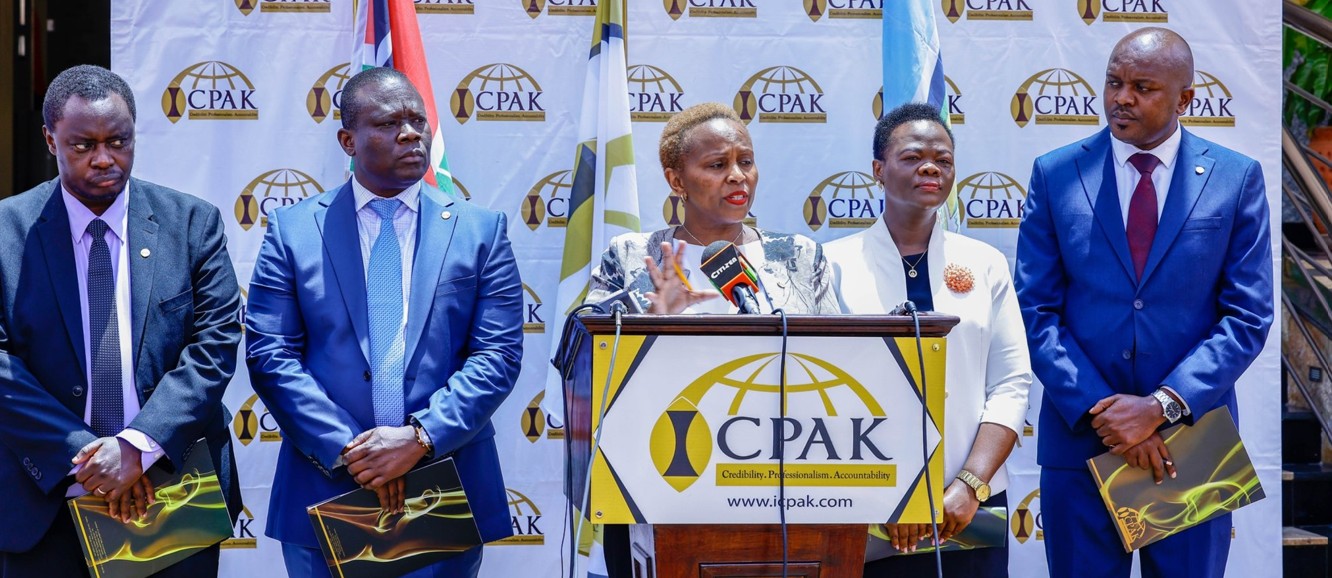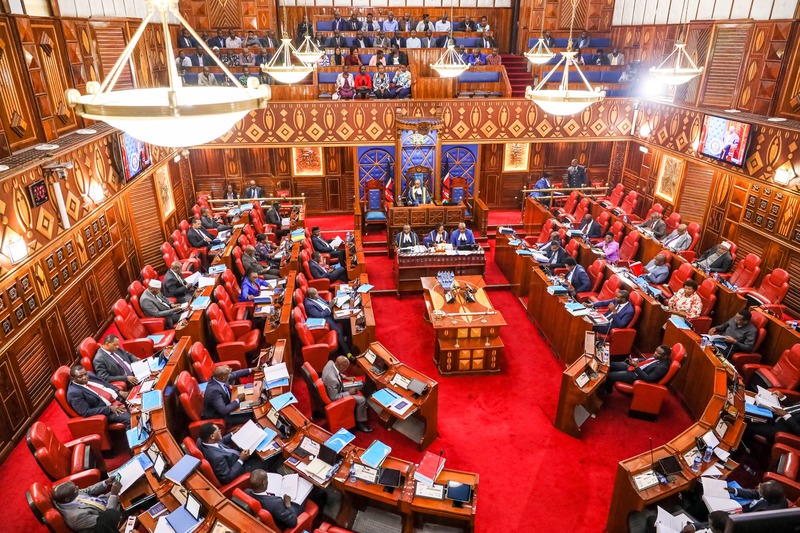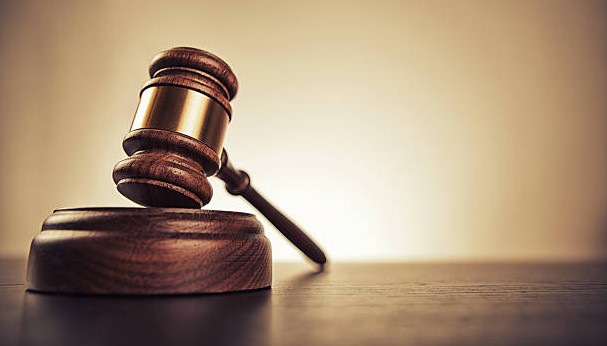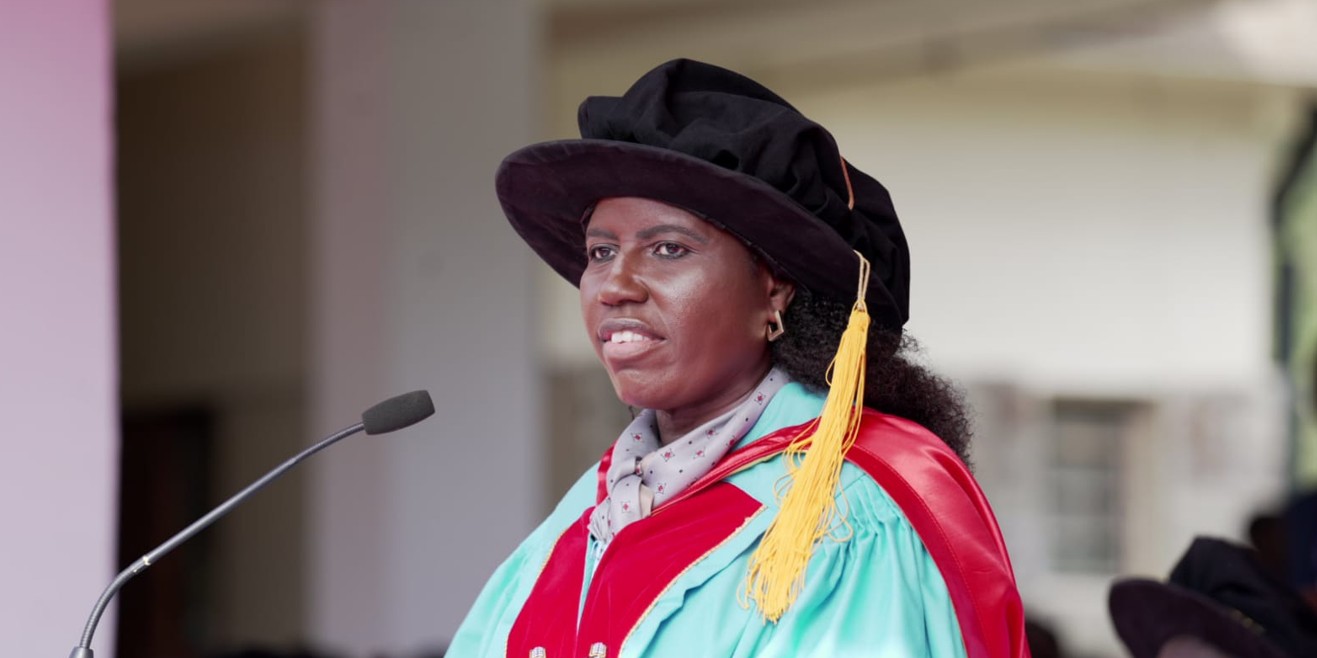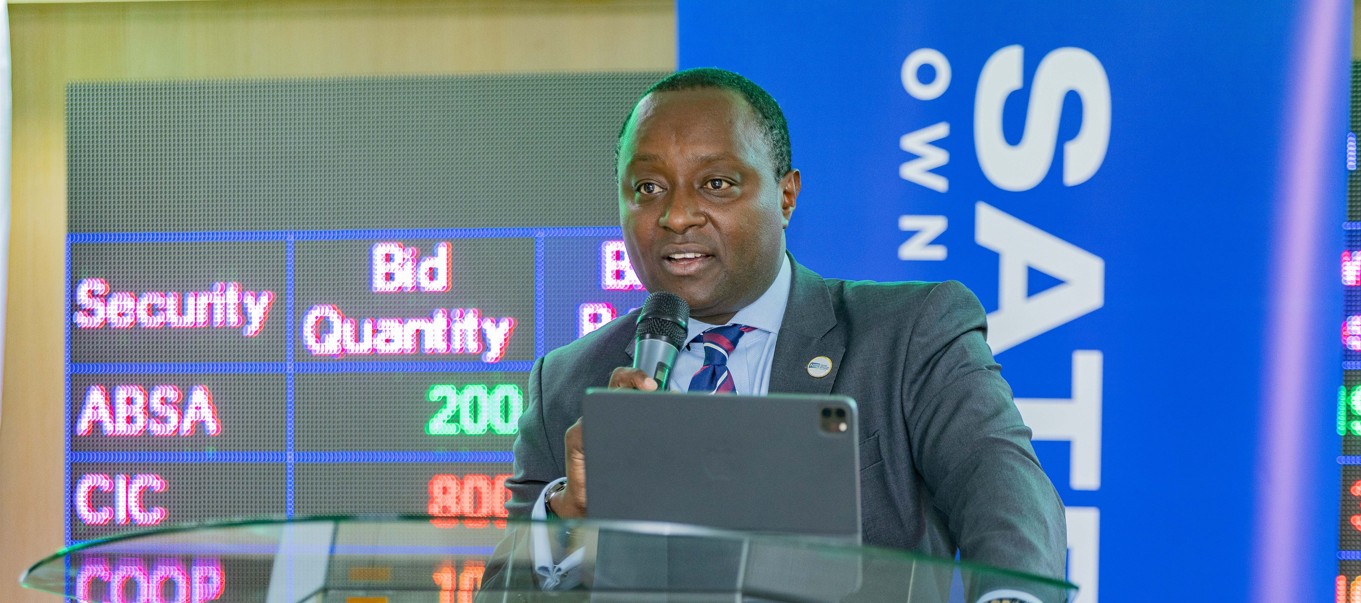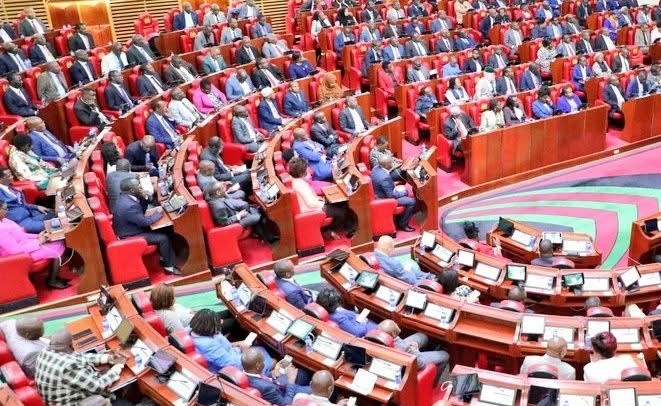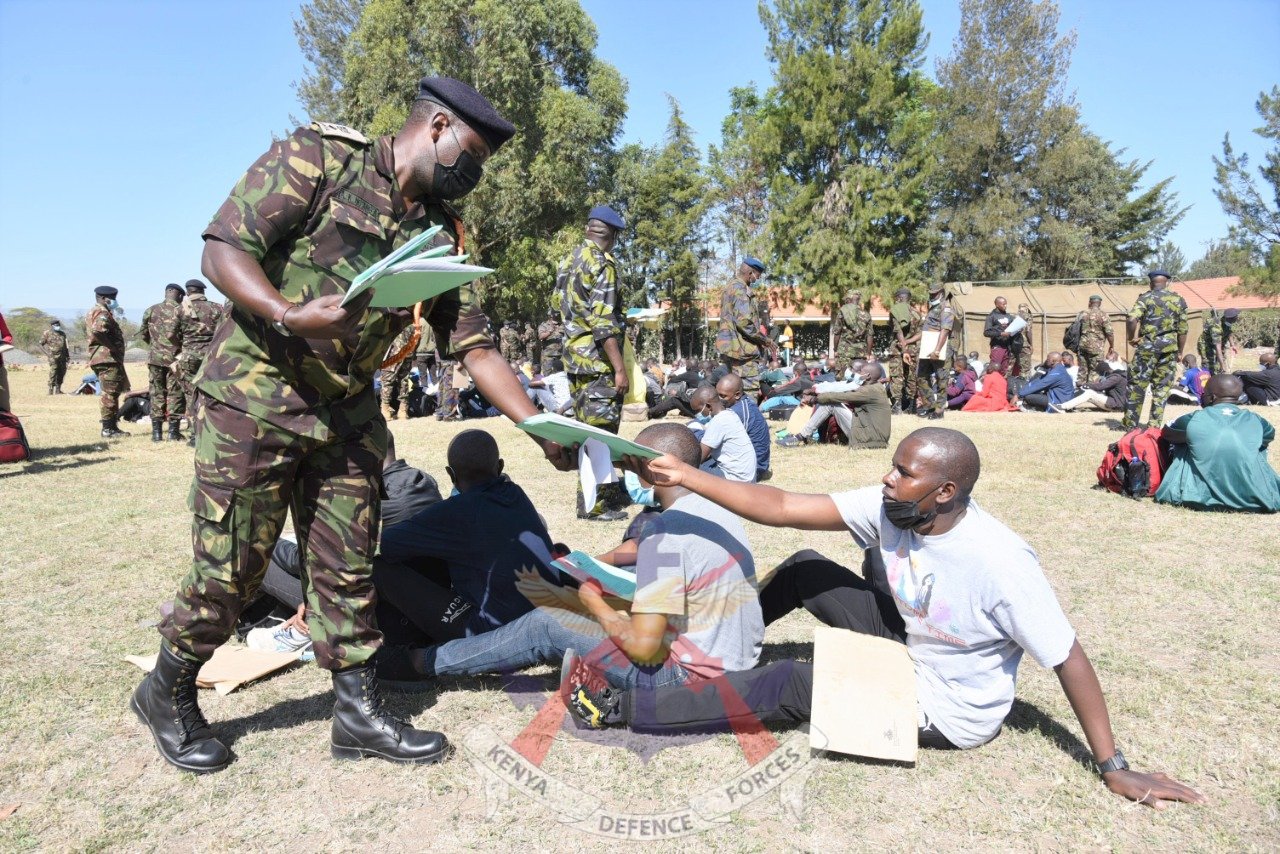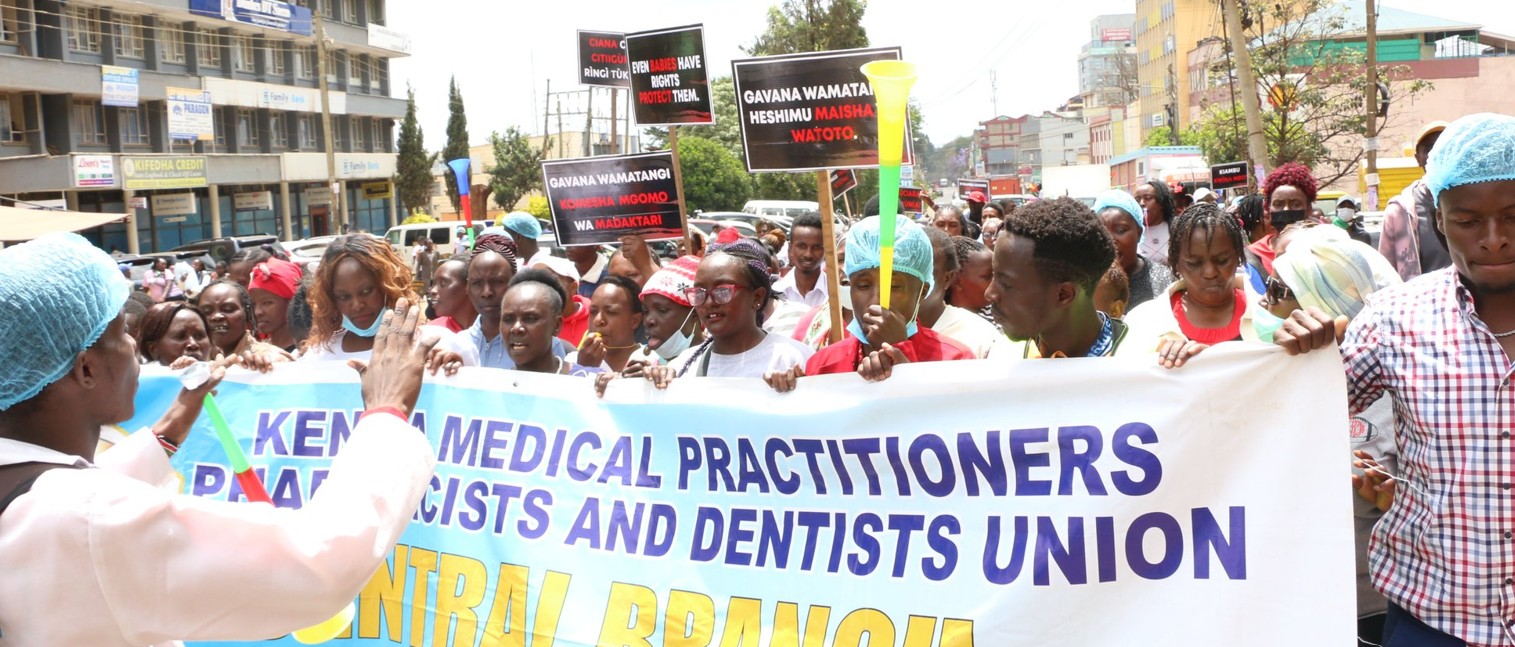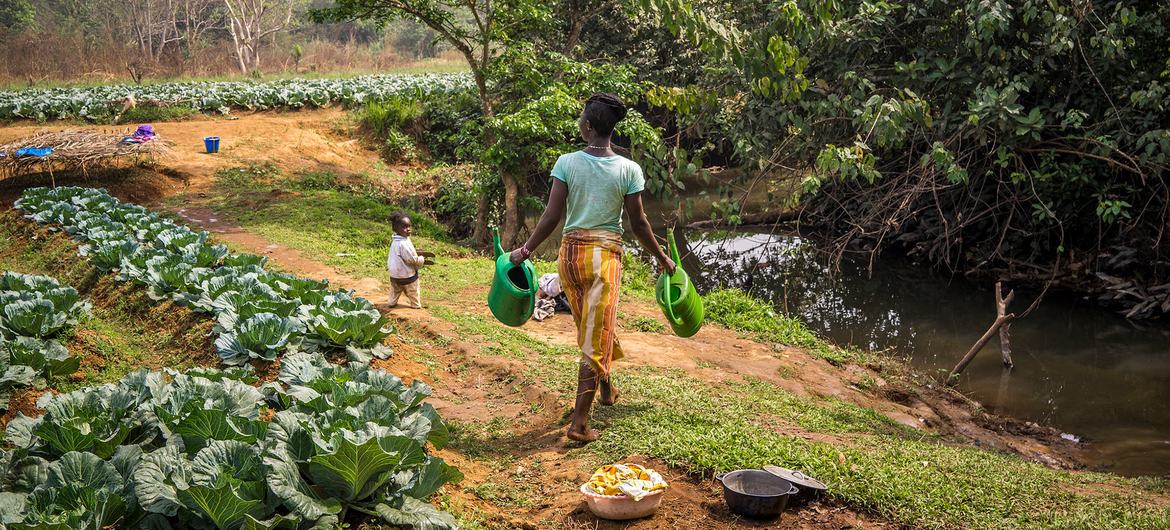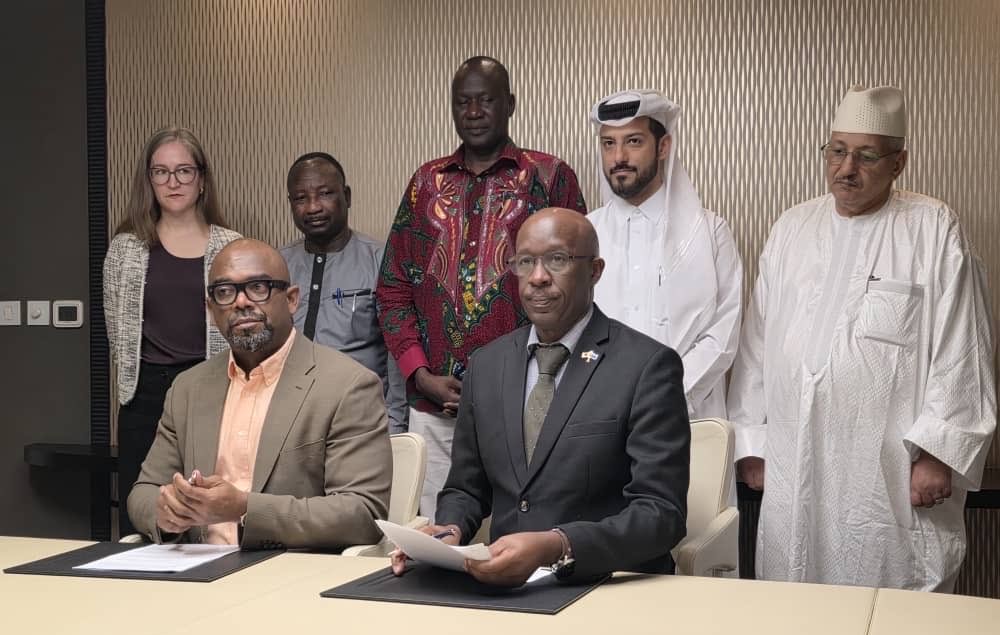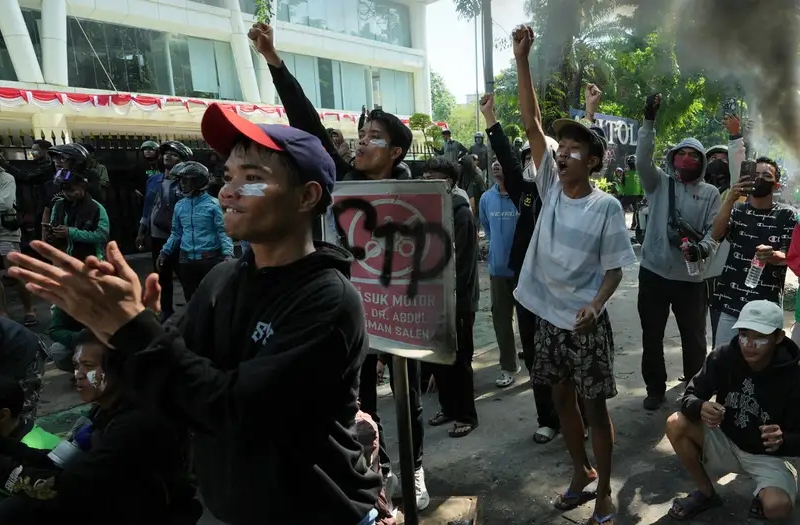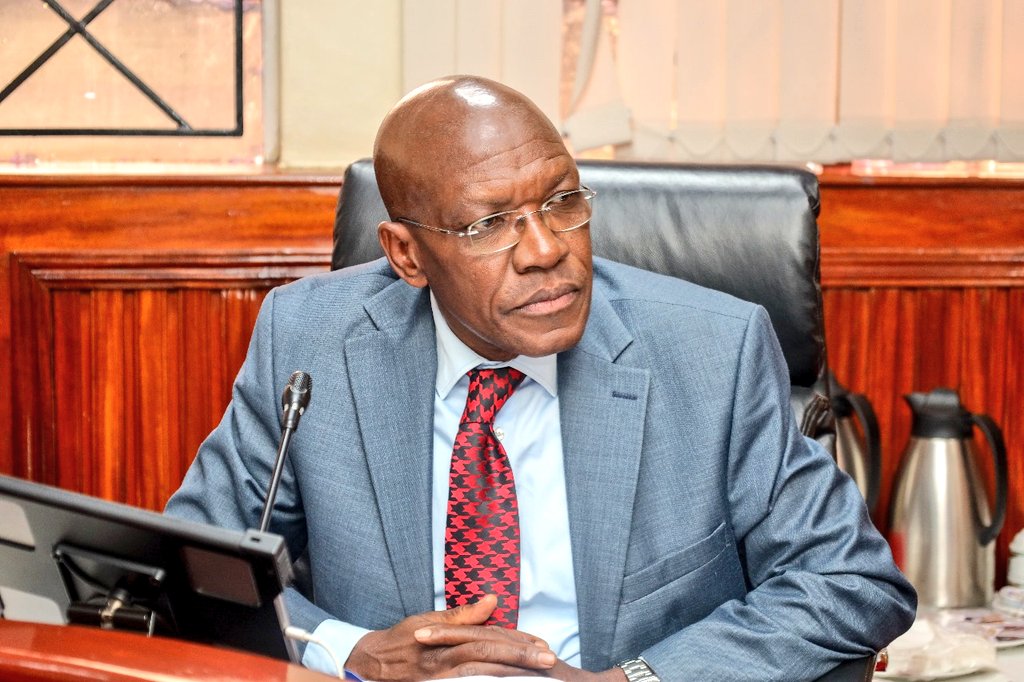Kinshasa on edge as convicted ex-DR Congo President Joseph Kabila resurfaces in Nairobi
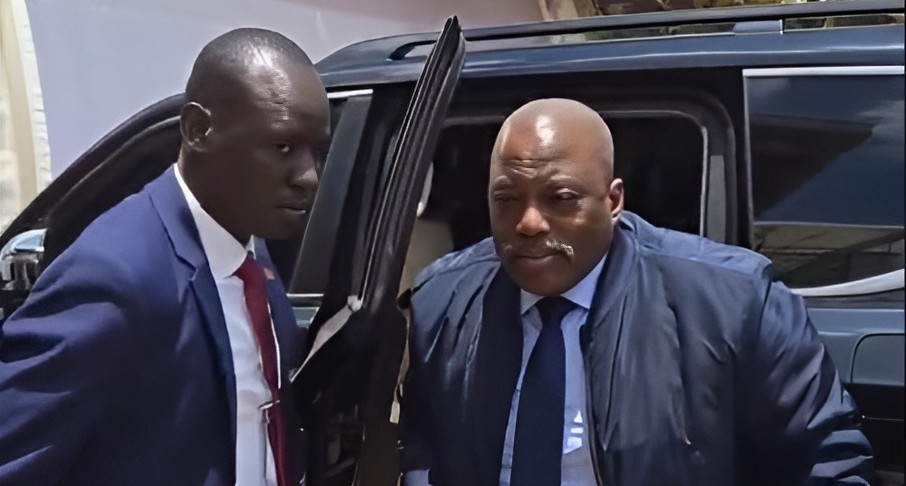
Kabila, who was recently sentenced to death in his home country for war crimes, reportedly met with opposition figures critical of the Congolese government — a move likely to heighten tensions between Kenya and the DRC.
The sudden reappearance of former Congolese President Joseph Kabila in Nairobi has sparked unease and is expected to provoke a fresh diplomatic protest from Kinshasa.
Kabila, who was recently sentenced to death in his home country for war crimes, reportedly met with opposition figures critical of the Democratic Republic of Congo (DRC) government — a move likely to heighten tensions between Kenya and the DRC.
More To Read
- Tshisekedi, Kagame trade barbs at Brussels Gateway Forum over DRC conflict
- DRC’s Joseph Kabila is on trial for treason: What case against the former Congolese president is all about
- DR Congo crisis: Funding cuts curtail assistance to victims of violence
- Qatar pledges Sh2.7 trillion investment in DR Congo as it mediates peace talks
- President Felix Tshisekedi says 'no dialogue outside' DR Congo
- Kinshasa court jails ex-Justice Minister Mutamba over Sh2.5 billion corruption scandal
Kabila was convicted in absentia by a DRC military court in late September on charges of treason, crimes against humanity, and war crimes, including murder, sexual assault, torture, and insurrection.
He has rejected the charges, describing them as “arbitrary” and politically motivated.
The DRC government accuses Kabila of backing the M23 rebel movement, whose ongoing insurgency has destabilised eastern Congo.
Collapsed power-sharing agreement
Kabila ruled the DRC for 18 years after succeeding his father, Laurent Kabila, in 2001. Despite backing Félix Tshisekedi in the disputed 2019 elections, the two leaders later fell out. Their power-sharing agreement — brokered by then-Kenyan President Uhuru Kenyatta alongside Egypt’s Abdel Fattah al-Sisi and South Africa’s Cyril Ramaphosa — has since collapsed following Kenyatta’s exit from office.
Kinshasa has long accused Nairobi of sheltering Congolese dissidents plotting to overthrow the Tshisekedi administration.
In December 2023, Corneille Nangaa, the former head of the DRC’s electoral commission, announced the formation of a political-military alliance with M23 rebels and other armed groups from a Nairobi hotel. The move outraged Kinshasa, prompting it to recall its ambassadors from Kenya and Tanzania.
The alliance deepened the rift between the DRC and the East African Community (EAC), which Kinshasa joined in 2022.
Frozen diplomatic ties
The DRC accused Kenya of permitting rebel activity on its soil and later refused to accredit President William Ruto’s envoy, effectively freezing diplomatic ties.
At the time, Ruto dismissed calls to arrest the dissidents, saying it would be “undemocratic.”
“Kenya is a democracy. We cannot arrest anybody who has issued a statement. We arrest criminals, not people for making statements,” he told journalists.
Kenya’s Ministry of Foreign Affairs later distanced itself from the controversy, reaffirming Nairobi’s respect for DRC’s sovereignty and its commitment to peace and democratic stability in the region.
Kabila’s latest presence in Nairobi threatens to reignite the simmering tensions between the two nations, as Kinshasa views his renewed political activity as a direct challenge to its authority.
Top Stories Today
